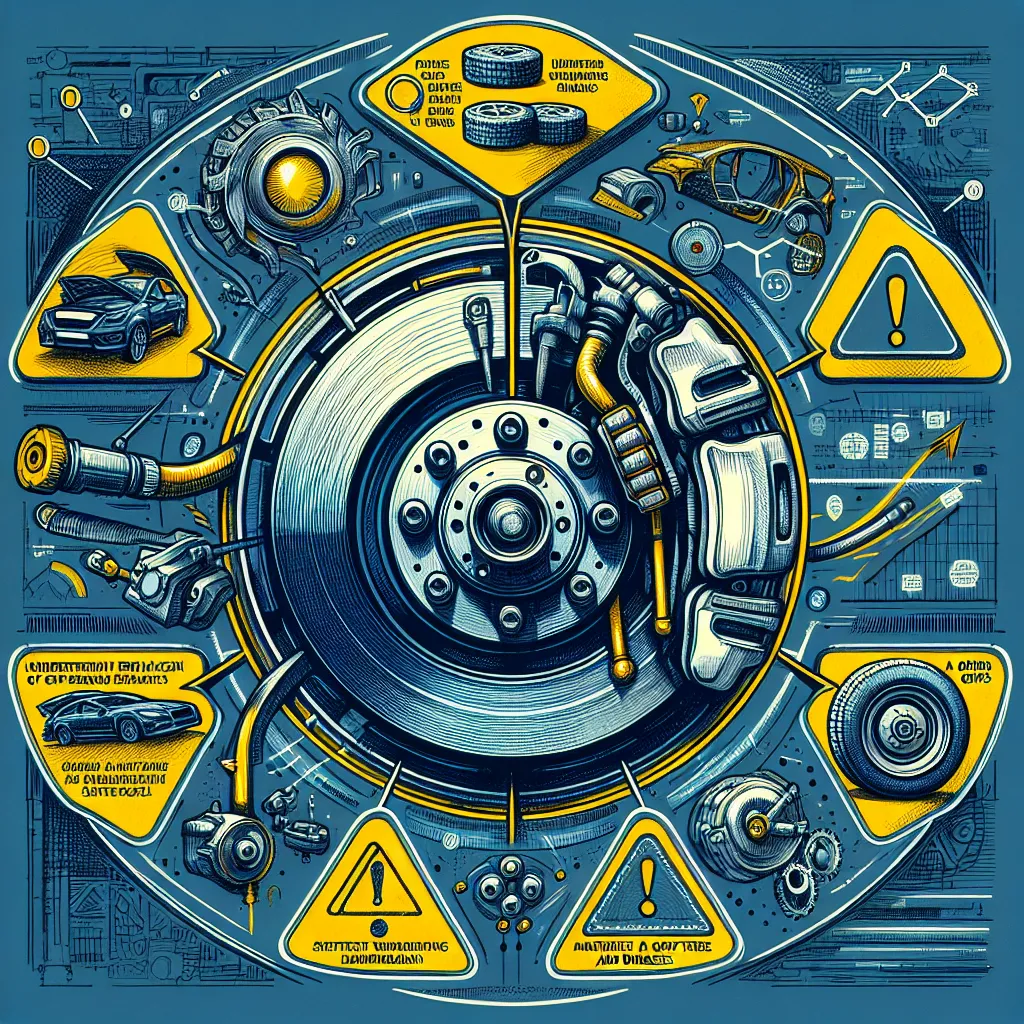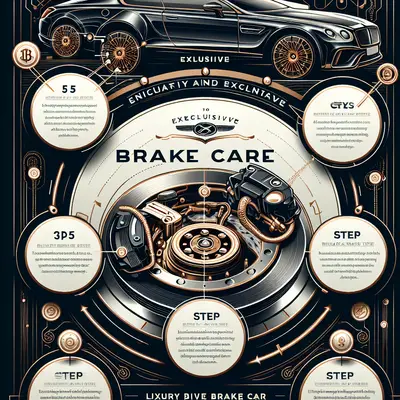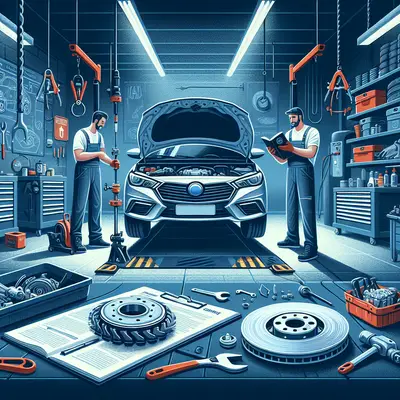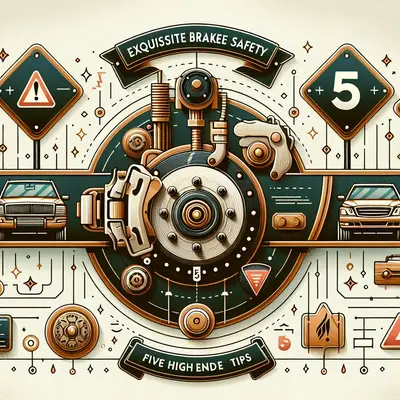The stakes are high when it comes to brake safety—your vehicle's stopping power is a critical factor in avoiding accidents. We've curated a selection of advanced strategies, underpinned by recent developments and trends in brake technology, to ensure you're ahead of the curve.
Advanced Anti-Lock Braking Systems
Anti-lock braking systems (ABS) have revolutionized brake safety. This technology prevents wheels from locking up during braking, ensuring better vehicle control and reducing stopping distances on both dry and slippery roads. Recent advancements in ABS technology have led to the development of Electronic Stability Control (ESC), which uses sensors to apply the brakes to individual wheels, reducing skidding and aiding steering control during an emergency.
Brake Pad Quality Matters
Not all brake pads are created equal. High-quality brake pads can significantly improve your vehicle's stopping power. When selecting brake pads, look for those made from durable materials like carbon-ceramic, which offer superior heat resistance and longevity. A discerning driver understands that premium brake pads, while more expensive, offer enhanced safety and are a wise investment.
Regular Brake Fluid Exchanges
Brake fluid plays a critical role in your braking system, transmitting the force of your foot on the brake pedal to the brake calipers. Over time, brake fluid can absorb moisture, leading to reduced performance and potential brake system damage. A regular brake fluid exchange is a savvy safeguard against such issues, ensuring optimal brake performance and longevity.
Disc Brake Advancements
In the realm of disc brakes, advancements are continually being made. Carbon-ceramic brakes, for instance, offer superior performance in high-stress situations due to their heat resistance and durability. While traditionally found in high-performance and luxury vehicles, these advanced brake systems are becoming more accessible to discerning drivers keen on safety and performance.
Brake Maintenance and Inspections
Regular brake inspections are vital to ensure their optimal performance and safety. A professional inspection should include checking the brake pads for wear, examining the brake fluid, and assessing the condition of the brake lines and master cylinder. Regular maintenance not only ensures your brakes are functioning correctly but also allows for early detection of potential issues, preventing costly repairs and dangerous brake failures.
Conclusion
Brake safety is an art that demands knowledge, attention to detail, and a commitment to regular maintenance and upgrades. Armed with these insights, the discerning driver can navigate the world of brake safety with confidence and sophistication, ensuring their vehicle delivers not only performance and longevity but, most importantly, safety.



